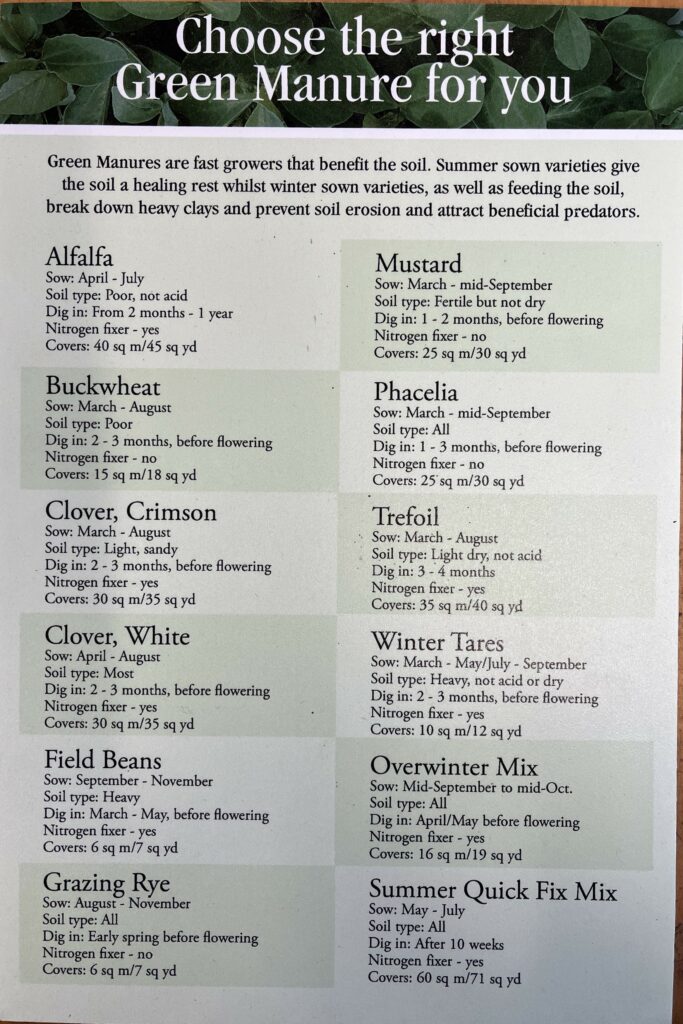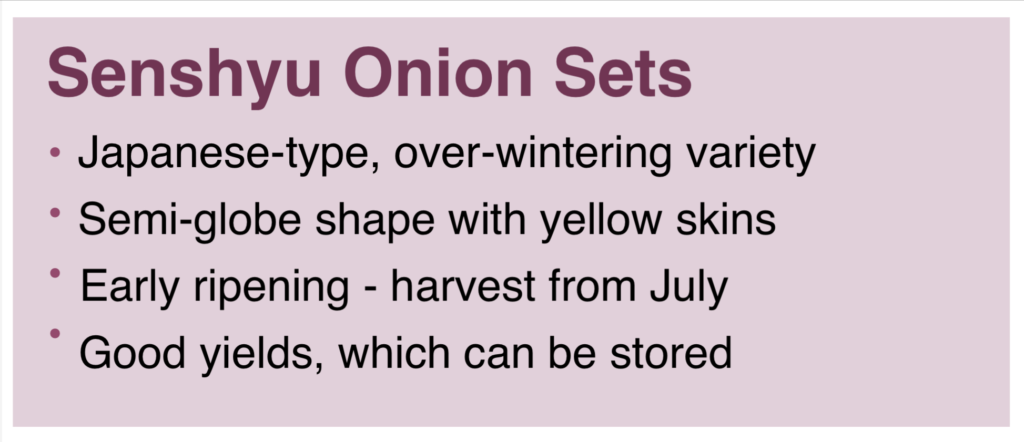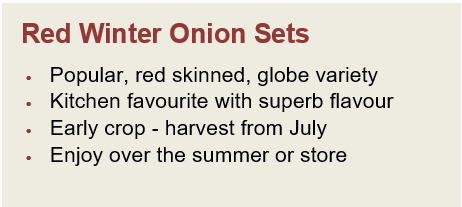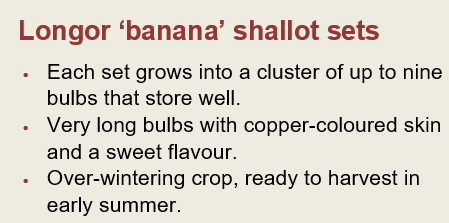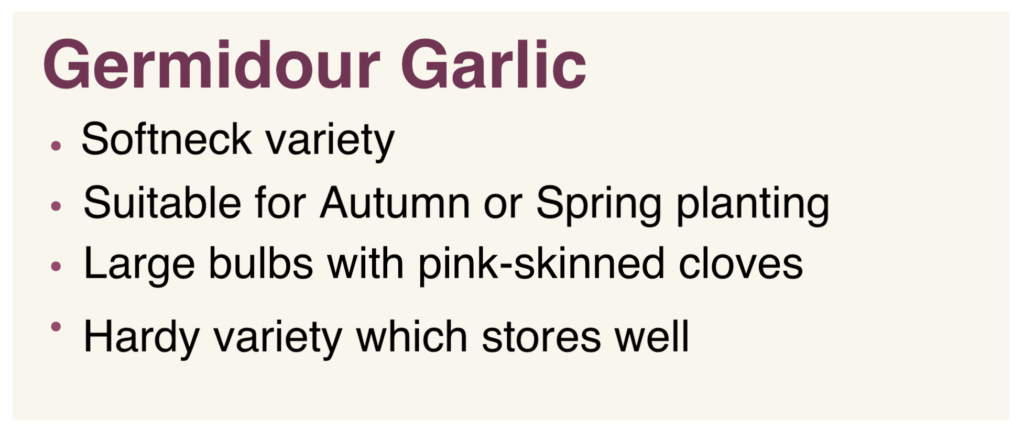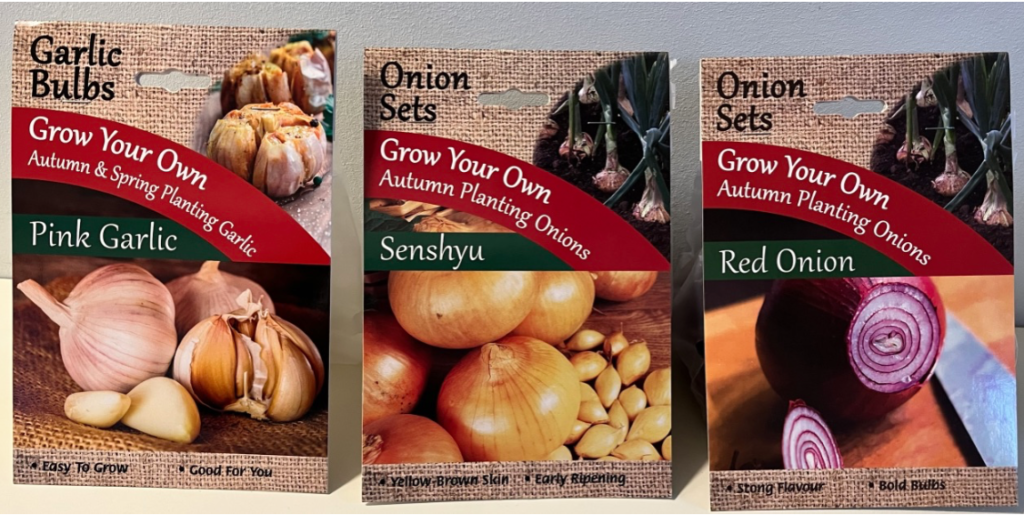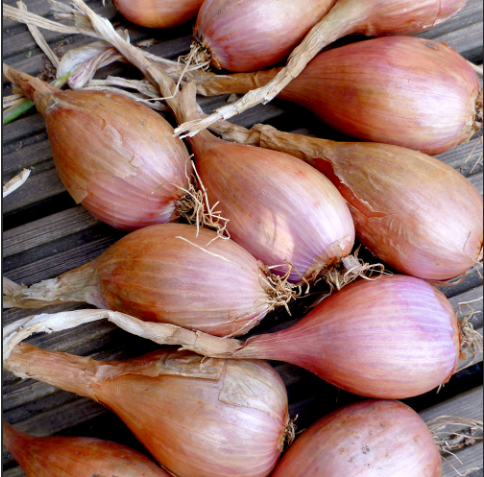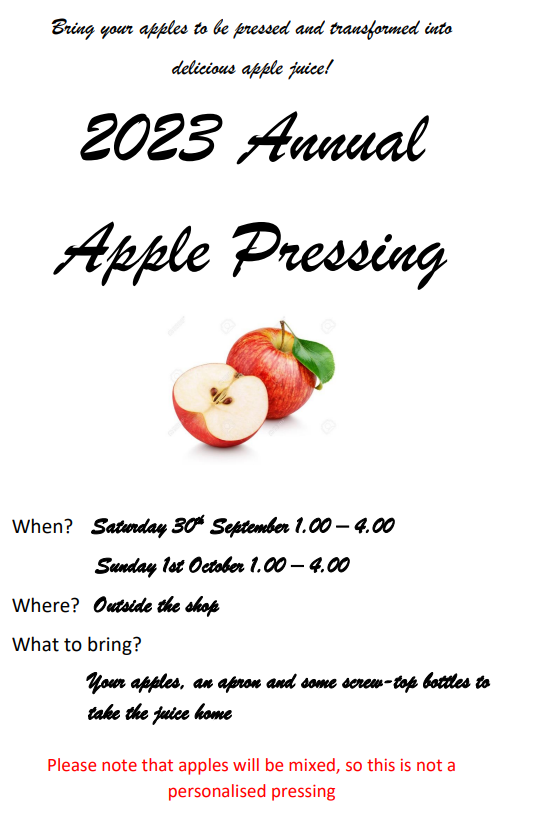The Committee would like to thank everyone who responded to the EWAA online survey, which was sent out at the end of August. It was the first time that feedback had been gathered in this way, and the results have definitely given us a better understanding of members’ views and concerns.
Response to the survey
- 251 emails were sent out to all members who have a mailbox (two people do not)
- 91 members responded
- 160 members did not respond
- 36% of the members contacted expressed their opinion
Analysis of the response to each of the six question is on display in the EWAA Shop, which is open on Sunday mornings from 11 to 12.
A big thank-you goes to the seven people who volunteered some of their time to help the Committee manage this large site. We will be in touch with you shortly!
Revised Rules
The recent AGM approved a number of revisions to the EWAA Rules and Cultivation Requirements, so please be sure to read these.
NB – washing produce, tools, boots, etc. in the water tanks spreads disease and is not permitted.
EWAA Committee

